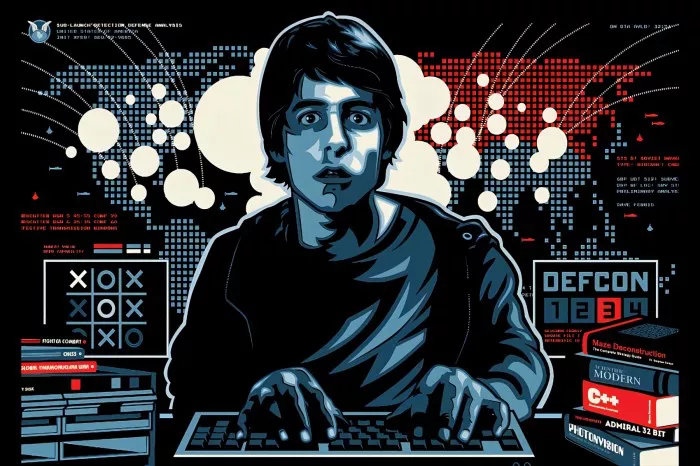Setting the Stage for Chaos
“War Game” delves into the unsettling scenario of a 6-hour Situation Room re-creation, mirroring the events of January 6, 2021, but on a larger and more alarming scale. Directed by Tony Gerber and Jesse Moss, the documentary peels back the layers of America’s political infrastructure, exposing vulnerabilities that could pave the way for future chaos. However, the most gripping revelations emerge from unexpected sources.
Unveiling the Players: Tensions Rise
The documentary kicks off with an ominous scene in Washington, D.C., as two former U.S. soldiers, Chris Jones and Kris Goldsmith, clad in tactical gear, survey the U.S. Capitol. Their discussions about potential attack strategies send shivers down the spine until the truth surfaces—they are participants in a roleplaying game. Yet, the intensity only escalates as the full scope of the experiment unfolds.
Seeds of Discord: The Genesis of the Game
The genesis of this chilling game traces back to a 2021 op-ed by retired generals, forewarning of a potential 2024 insurrection. Enter Vet Voice, a non-partisan group, tasked with designing a realistic simulation. The stage is set, with real-world politicians and intelligence heads assuming pivotal roles in the mock Situation Room. Former Montana governor Steve Bullock steps into the shoes of President John Hotham, while military and government personnel fill the ranks.
The Three Pillars: Anatomy of the Game
The game operates on three pillars. The first, represented by President Hotham and his cabinet, reacts to unfolding events without the luxury of a script. As digital clocks ominously tick down, they grapple with an extremist Presidential candidate’s machinations and mounting unrest nationwide. The Red Cell, led by Jones and Goldsmith, injects white supremacist misinformation into the mix, while the White Cell orchestrates the proceedings from behind the scenes.
The Veil of Unreality: A Jarring Visual Narrative
The documentary’s visual narrative, marked by voyeuristic long lenses and stark contrasts, lends an eerie, otherworldly quality to the proceedings. The players, ensconced in a black box theater-like setting, appear disconnected from reality, their images digitally distorted against the inky backdrop. This deliberate distortion underscores the artifice of the game, blurring the lines between simulation and actuality.
Behind the Masks: The Human Element
While the game unfolds, the documentary peels back the layers of its participants’ lives. Jones’s harrowing past, steeped in military extremism, lends gravitas to his role. The producers behind the scenes share their personal stories, from grappling with conspiracy theories to witnessing the Iranian Revolution’s aftermath. These narratives imbue the simulation with a haunting sense of authenticity.
A Tapestry of History: Echoes of the Past
As the game intensifies, “War Game” weaves in archival footage, drawing parallels to past flashpoints in American history—Kent State, the MOVE bombings, Waco—serving as cautionary tales. The emotional spectrum of the participants, from fear to ignorance, mirrors prevailing attitudes towards democracy, underscoring the precarious balance between farce and tragedy.
A Stark Warning
In its riveting portrayal of a simulated insurrection, “War Game” transcends mere documentary filmmaking, serving as a stark warning against complacency. As history threatens to repeat itself, the documentary serves as a sobering reminder that the line between farce and tragedy hinges on society’s collective response to impending threats.
https://www.rnada.com/archives/12246
https://www.rnada.com/archives/12188
https://www.rnada.com/archives/12192

